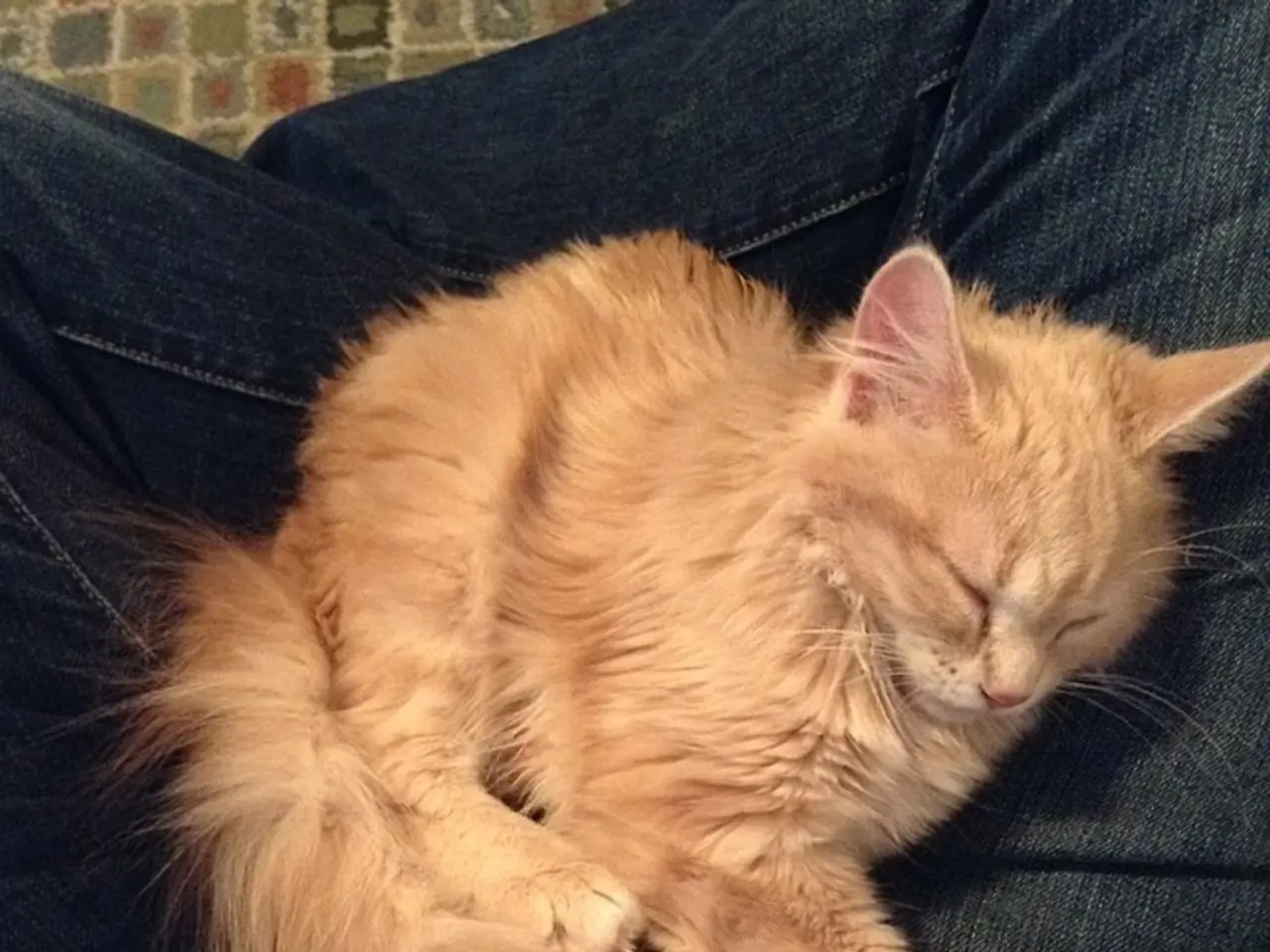Claiming Disability Benefits for Sleep Disturbances Due to Ear Ringing: Insight into Your Application Process
**Veterans Affected by Tinnitus, Insomnia, and Depression May Qualify for VA Disability Compensation**
The Department of Veterans Affairs (VA) recognizes the impact that tinnitus, insomnia, and depression can have on veterans' lives, particularly those who have served in noisy environments. Here's what veterans need to know about the VA's disability compensation for these conditions:
### Tinnitus
Tinnitus, a condition characterized by the perception of noise or ringing in the ears, is often a result of exposure to loud noises during military service. The VA assigns a fixed 10% disability rating to tinnitus, regardless of severity or whether it affects one or both ears. However, if tinnitus leads to secondary conditions like anxiety, depression, or sleep disturbances, these conditions can be separately rated, potentially increasing the overall disability compensation. Veterans may qualify for Total Disability Individual Unemployability (TDIU) if tinnitus and related secondary conditions severely impact their ability to work.
### Insomnia
Insomnia is not listed as a separate condition by the VA but is rated under the general mental disorders category. Insomnia ratings range from 0% to 100%, based on symptoms affecting work and social functioning. A 0% rating indicates no interference, while a 100% rating signifies total impairment with symptoms such as delusions, hallucinations, or inability to perform everyday tasks.
### Depression
Depression is generally rated under the VA’s Schedule of Ratings for Mental Disorders, similar to insomnia. Ratings depend on the severity of symptoms and the impact on occupational and social functioning, often ranging from 0% to 100%. Depression may also be rated as a secondary condition related to primary conditions like tinnitus, further affecting the overall rating.
### Navigating the VA Claims Process
Working with a VA-accredited attorney or a Veterans Service Organization can be beneficial for veterans seeking to maximize their VA disability claim for insomnia secondary to tinnitus. Maintaining thorough medical documentation is crucial for a strong claim, and ensuring all paperwork is filled out correctly and submitted on time is essential for a successful claim.
### Seeking Help and Understanding Connections
Understanding the connection between tinnitus, insomnia, and depression is crucial for veterans seeking proper compensation for their service-related disabilities. Seeking help and exploring options for VA disability compensation is important for veterans struggling with these conditions. The VA will not pyramid symptoms, meaning that if a veteran is already rated for insomnia, they may not receive separate ratings for depression if the symptoms significantly overlap with those of insomnia.
### Table of VA Ratings for These Conditions
| Condition | VA Rating Range | Key Rating Factors | Notes | |-------------|----------------------|----------------------------------------------------|-----------------------------------------------------| | Tinnitus | Fixed 10% | Presence of tinnitus regardless of severity | Secondary conditions may increase combined rating | | Insomnia | 0% to 100% | Symptom severity affecting work/social functioning | Rated under general mental disorders | | Depression | 0% to 100% | Symptom severity including suicidal ideation, etc. | Also under mental disorders; may be secondary to tinnitus |
More than 2.7 million veterans receive disability compensation for tinnitus, making it the most common service-connected disability among veterans. If you are a veteran struggling with tinnitus, insomnia, or depression related to military service, it is essential to explore your options for VA disability compensation.
- The VA understands that conditions like tinnitus, insomnia, and depression, which often arise from military service, can significantly impact veterans' mental health and overall well-being.
- In the case of tinnitus, the VA assigns a fixed 10% disability rating, but related secondary conditions such as anxiety, depression, or sleep disturbances can be separately rated, potentially increasing the overall disability compensation.
- Insomnia and depression are rated under the VA’s Schedule of Ratings for Mental Disorders, with ratings depending on the severity of symptoms and their impact on occupational and social functioning.
- working with a VA-accredited attorney or a Veterans Service Organization can be beneficial for veterans seeking to maximize their VA disability claim, especially for conditions like insomnia secondary to tinnitus.
- It's important for veterans to understand the connections between their service-related disabilities, such as tinnitus, insomnia, and depression, to properly navigate the VA's claims process and seek the appropriate compensation.




